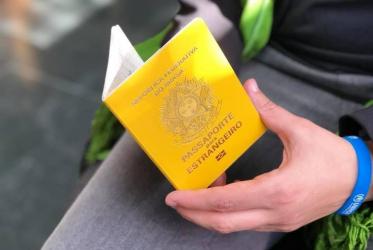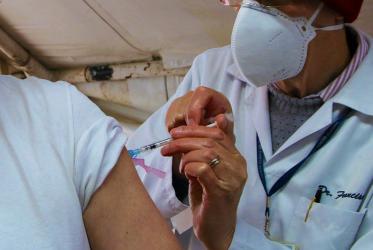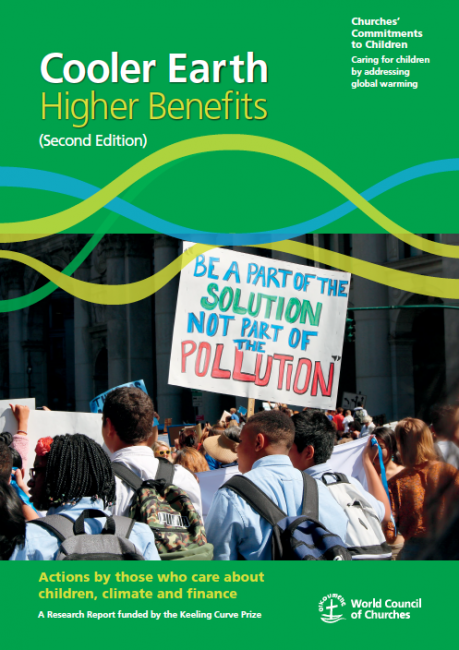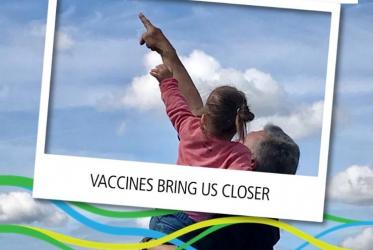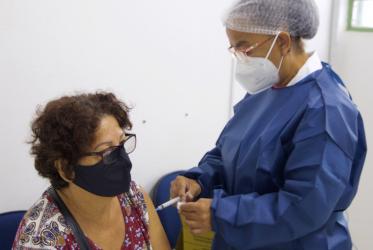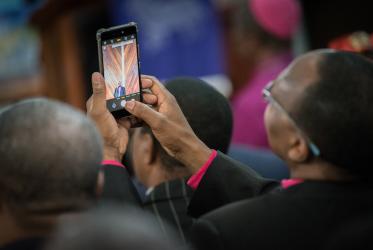Displaying 81 - 100 of 476
Cooler Earth – Higher Benefits Second Edition
Actions by those who care about children, climate and finance
02 July 2021
New photo frame shows how vaccines bring us closer
10 June 2021
WCC Vaccine Champions ready to serve
23 April 2021
